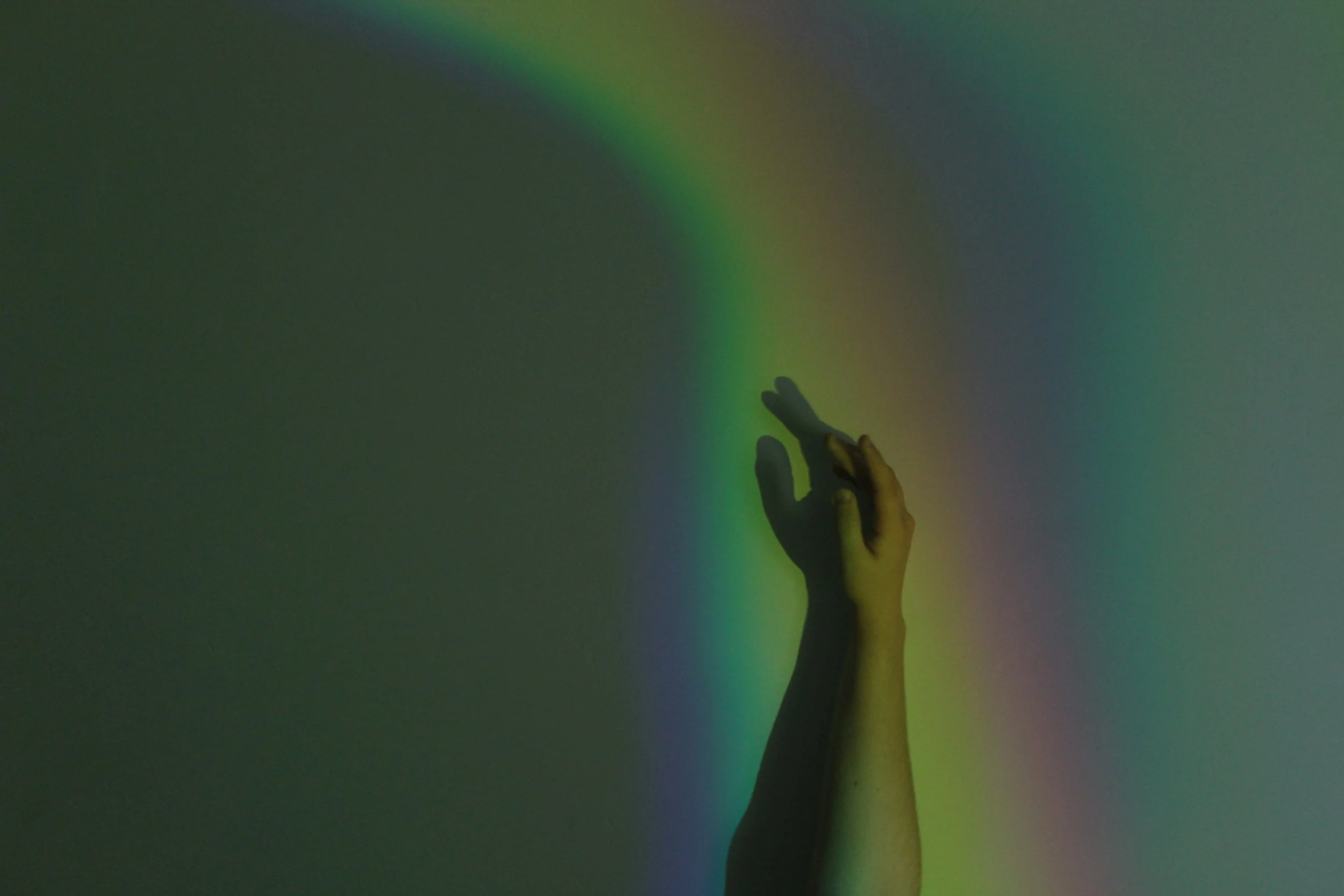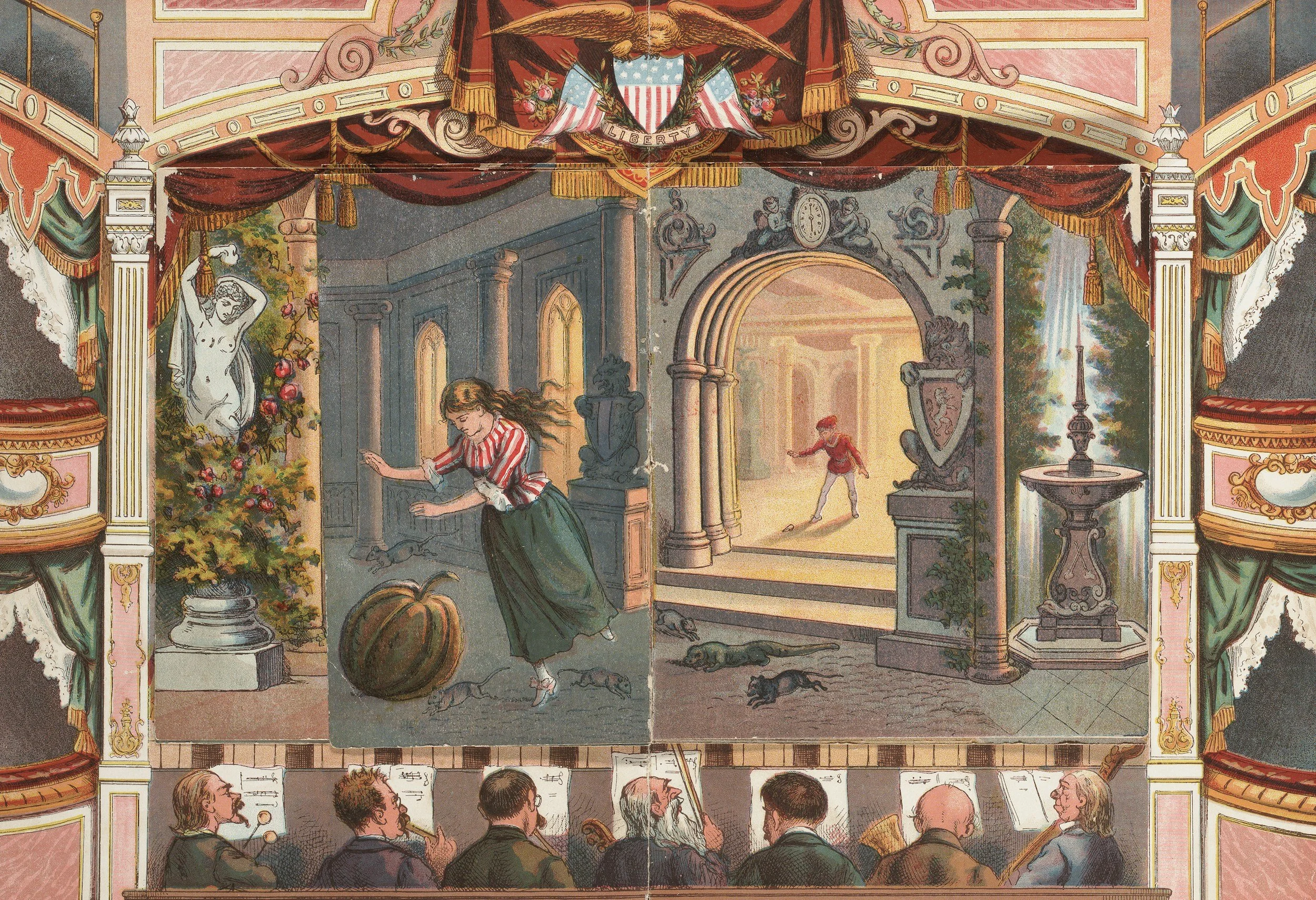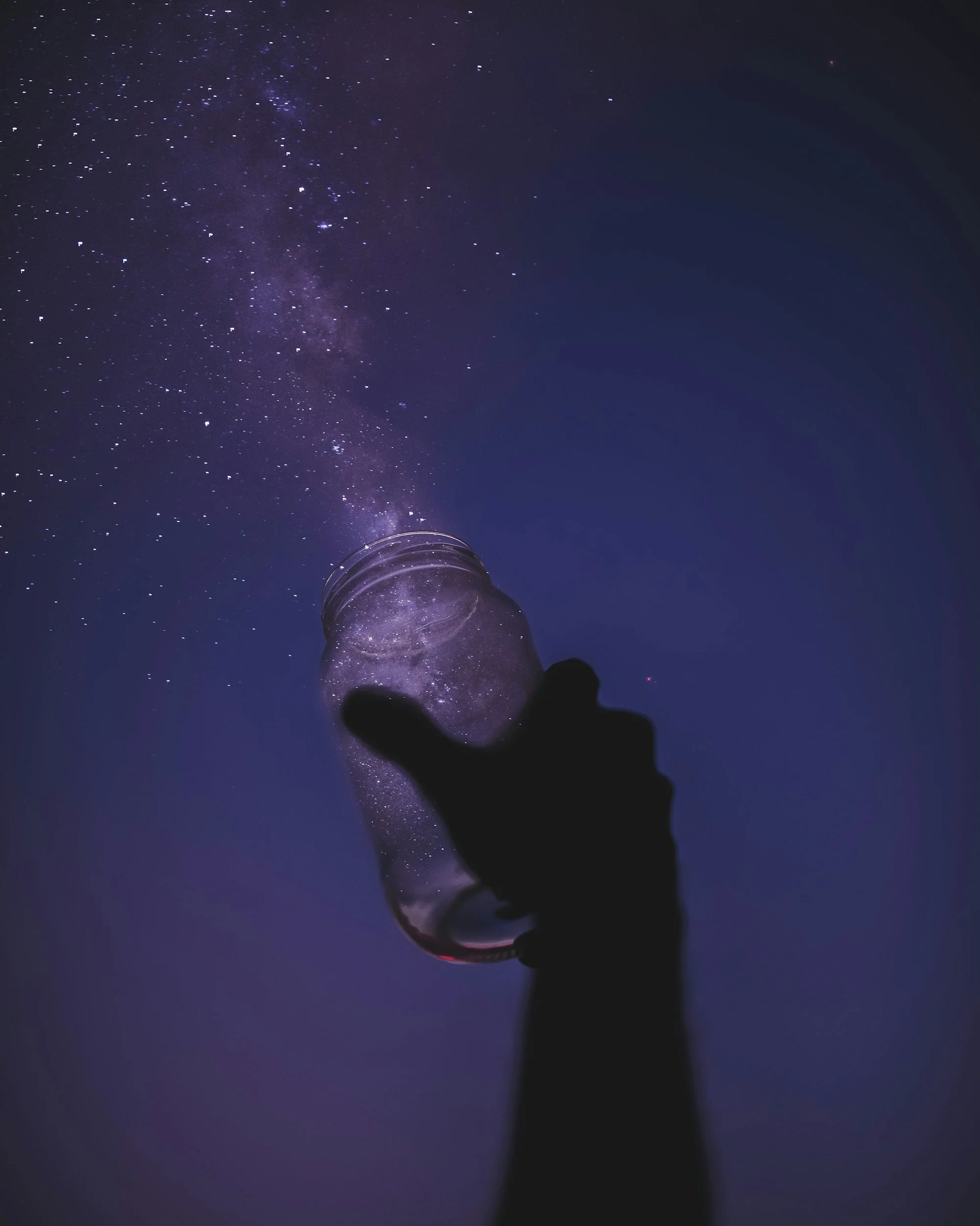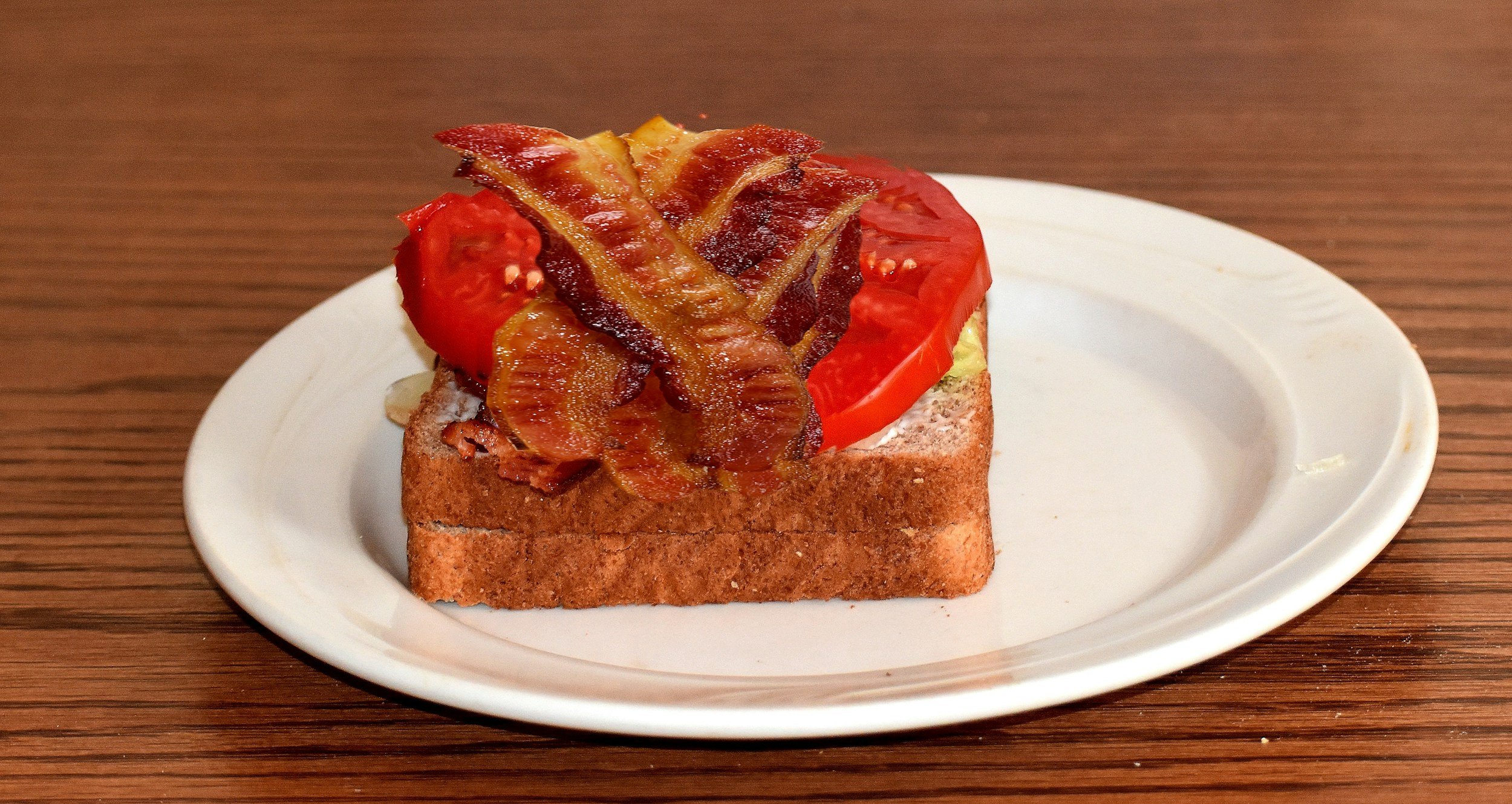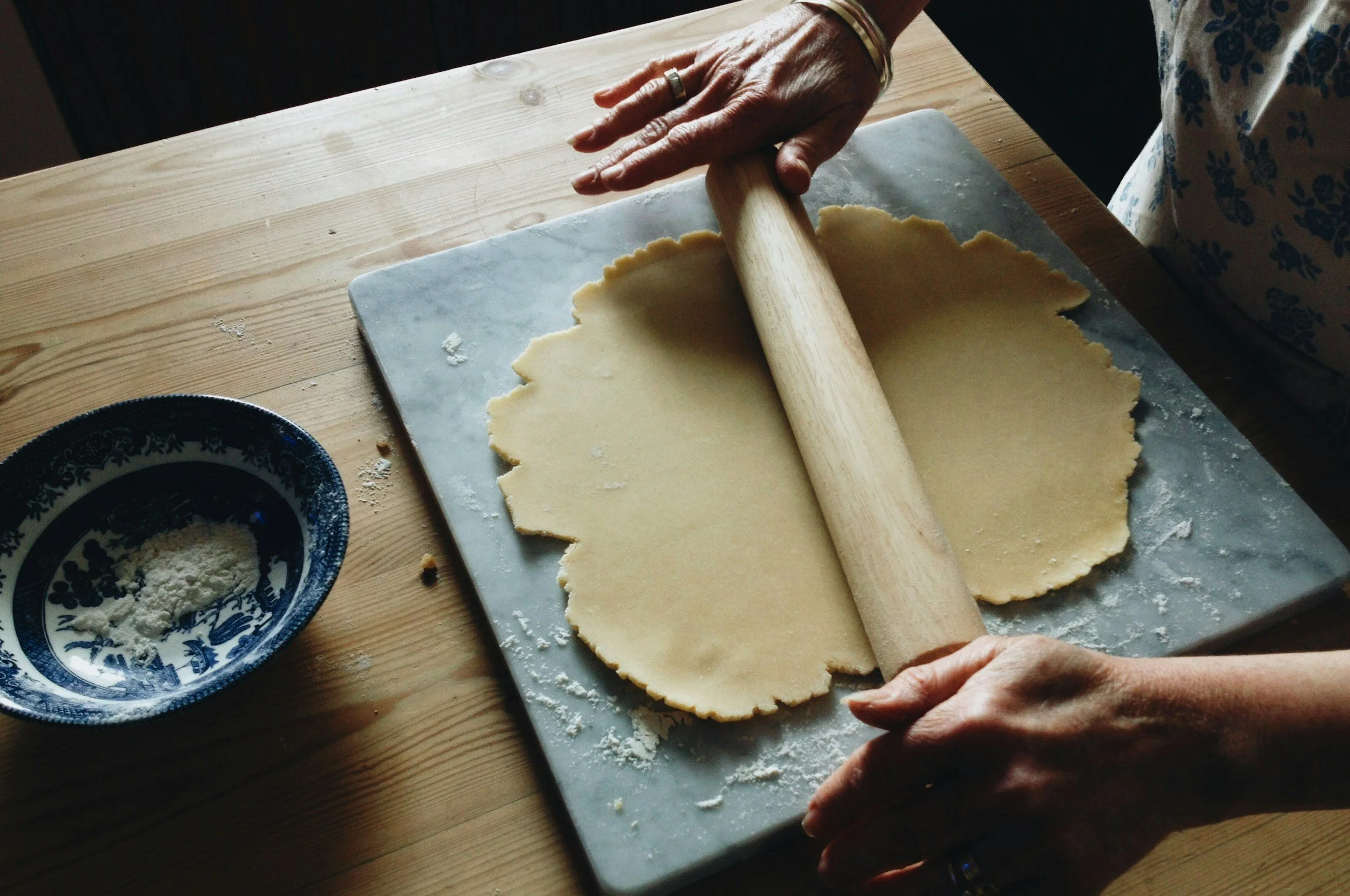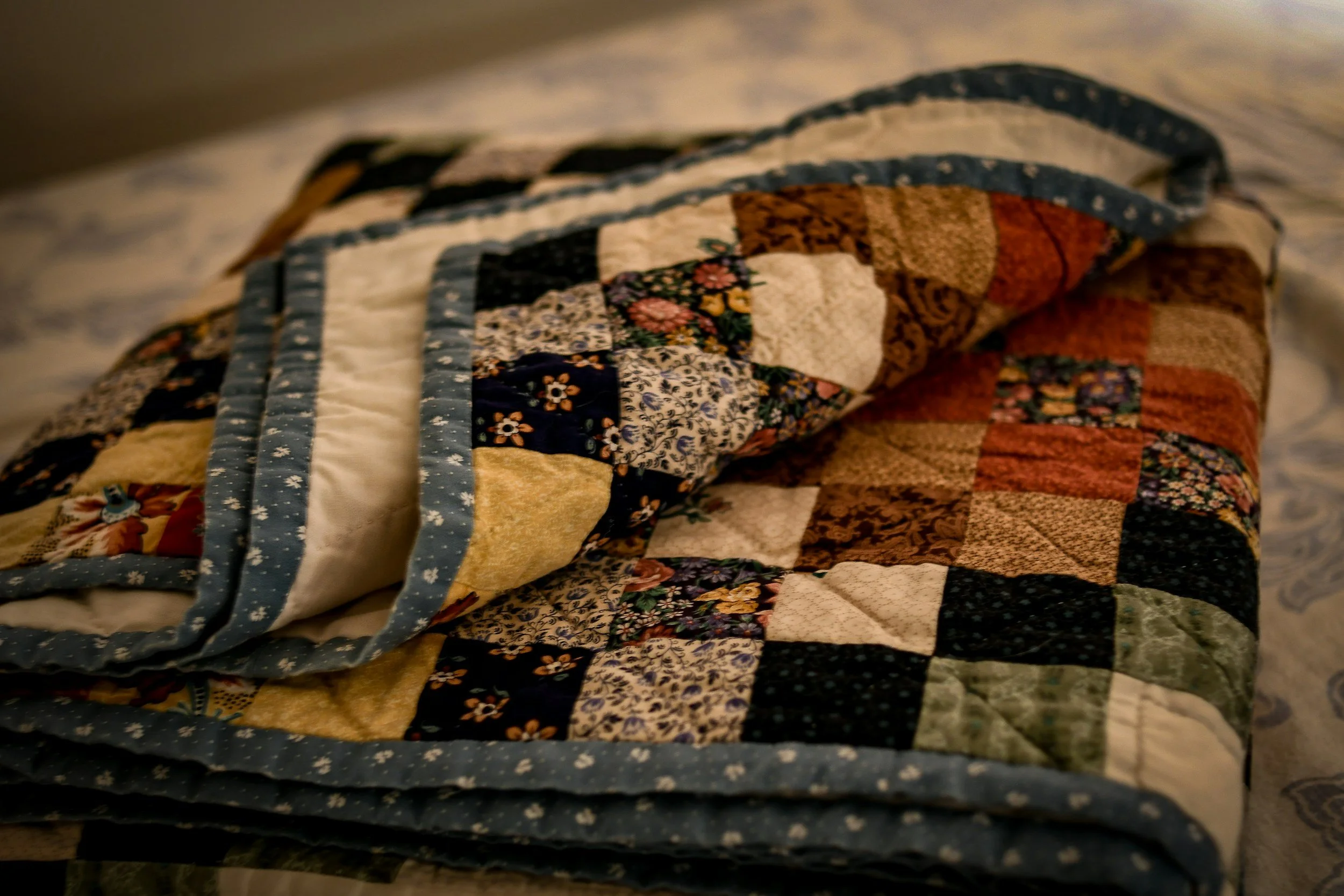Show Me A Still Heart
“At the edge of love, there we stand.” - Clarice Lispector
What if your work was the happiest on earth? A different woman, a stranger, appearing before you, day after day, night after night, in joy, in agony, as you breathe with her, wipe sweat from her brow, rock and sway to the beat of her heart, fall to your knees in benediction, in deliverance, as a life, a miraculously made and complete human being, a perfect child, slides from where it was nestled warm inside her body after two hundred and eighty days within. And what if you are the first to touch the head, the hair, sometimes a hand, wipe blood from the face, clear fluid from the lungs and place its soft body on the breast of this woman now transformed to mother.
And then, one day, what if your work became a devastation? A woman appearing before you desperately frightened by the usual gesticulations, the kicks and rolls inside of her becoming suddenly still, by the warm trickle down her leg, fluid or blood but too soon, too soon. What if you took her by the hand and walked her to a room much like a bedroom, with bleached sheets and pillow cases, bassinet and muslin blankets, with warm light coming through a southern window but stark for its waxed floors where blood pooled at your feet just last week, now a shadow upon which you sometimes slip for the mercilessness of memory? Merciless because this isn’t the first time and, by the wickedness of fate, it will never be the last.
What if you laid her down upon this bed as she clung tightly, so tightly, to her partner, sister or mother, her best friend or a newly familiar stranger - meant to help her through days and hours of muscle contraction, sweat dripping from a furrowed brow, pain that feels like breaking in two, moans that transform into screams and a final release - one who now sits motionless but for her trembling, eyes raised to a sky-imagined-ceiling in meditation, prayer, hope or perhaps closed tight in an attempt to forestall the coming, appalling truth?
As you lift her shirt and place your hands upon her belly you feel the outline of the tiny body, nudge it this way then that, feel for the rump, the head, the curvature of the spine - impossibly small vertebrae beneath tight skin - and feel no movement, only the back and forth sway like a toy boat pushed through a stream by slowly swirling eddies or a child’s small hand.
What if you gently move a device meant to detect soundwaves traveling through water, the gallop of a beating heart against the mountain of her, and hear only the endless echo of silence, whispering, let me try another way, while looking into terrified eyes, squeezing this stranger’s hand hard between both of your own? What if you peel yourself from the edge of her bed, walking from a room already filling with grief, so much like rising water lapping at your ankles, rising to your knees and, before you reach the edge, enveloping your neck, so dense that you can barely move your body to the door to call for the one with the white coat and the cold metal apparatus that will confirm what your hands, your head and your heart already know?
These arms will never hold the life made inside of her, will never know the weight that she carried moving from water to air, womb to belly, wiggling and blinking its eyes against the sudden light, but she will feel the heaviness of its stillness, the weight in her breasts without envelopment of soft lips, the pull of a mouth as it is fed by her body just a little while longer. She won’t find herself in darkness, thick with sleep after so much sleeplessness, awakened by the gekkering of foxes outside the window, imitating its cry. She won’t run across cold wooden floorboards like you did last night to find it resting, breathing softly, belly rising and falling under the touch of her hand. She won’t sing the lullabies you’ve sung for twenty-five years now, won’t ever be called mama, madre, mommy, mother.
You will watch the image on the screen lie still, no flash of a heartbeat, no expansion and contraction of its little shadow. And after many nights, at the break of dawn, you will deliver into her arms a sleeping baby, one that will never wake up. And you will say, as I have too, as has been uttered by so many before us: I have been a mother for so long; let the arms that held my children give you strength to bear the weight of this. Let me give you a space to be his, right here, just a little while longer.
-J Carraher
J Carraher is a Bay Area writer whose recent work appears in Relief, The Listening Eye, Wild Roof Journal, Cirque and others. She studied folklore at UC Berkeley where she received her bachelors degree in Anthropology, holds an MS from UCSF and works as a medical sociologist, editor, obstetric nurse and forensic examiner. She lives with her family on a small farm in Freestone.




